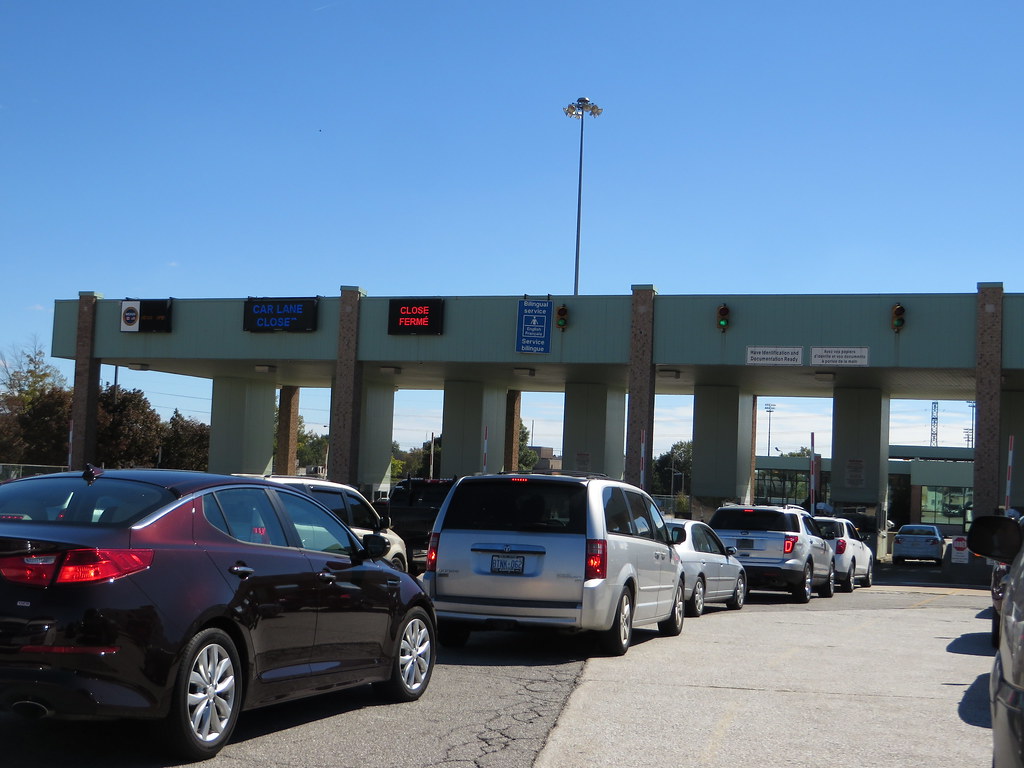
Starting in early 2025, there will be significant changes to the operating hours of land border crossings between Canada and the United States. According to a recent announcement by the Canada Border Services Agency (CBSA), effective at 00:01 local time on January 6, 2025, the service hours at 35 land ports of entry along the Canada-U.S. border will be realigned. This move not only shortens operating hours at certain ports but may also have a direct impact on individuals planning to use the “flagpoling” method to handle immigration matters.
Tighter Crossing Windows: Shortened Service Hours
This round of adjustments will affect various ports of entry in Alberta, British Columbia, Manitoba, Quebec, New Brunswick, and Saskatchewan. The revised schedules generally concentrate operations between early morning and early evening, with many ports closing earlier than in the past. Concurrently, many neighboring U.S. border points will also adjust their hours, ensuring more coordinated and consistent operations on both sides of the border.
For travelers who frequently commute between Canada and the U.S., the new regulations mean that late-night or off-peak hour crossings may no longer be possible. Former conveniences, such as 24-hour operations, will be curtailed. These changes may particularly impact business travelers, cross-border commuters, and those who rely on quick trips across the border to renew documents.
Potential Impact on Flagpoling
“Flagpoling” is a common approach used by temporary residents to update or extend their immigration status: they briefly exit Canada for the U.S. and then immediately return to a Canadian port of entry to submit applications or complete formalities on the spot. With reduced operating hours, anyone relying on this method will need to carefully plan their trips. Without precise timing, they may find the port closed and be forced to delay their proceedings.
Official Perspective: Enhanced Security and Resource Efficiency
According to CBSA, the schedule changes are designed to bolster overall border security and ensure more efficient use of resources. CBSA emphasizes that the new operating hours will enable better allocation of officers to the busiest ports of entry, potentially speeding up processing for travelers and commercial goods while reinforcing enforcement measures. Another key consideration: when one side of the border is closed while the other remains open, returning inadmissible travelers and goods becomes challenging. By synchronizing open hours between Canada and the U.S., these new measures aim to streamline border management.
CBSA indicates that the adjustments are based on thorough analysis of peak traffic times, resource pressures, and service demands. Once implemented, both countries will have greater flexibility and coordination in handling cases of denied entry and managing high-risk individuals.
Inadmissibility and Potential Remedies
Under Canadian immigration law, individuals can be deemed inadmissible for a range of reasons, including criminal records, security concerns, health issues, or violations of immigration regulations. Although the new operational hours may make crossing more complicated for some, it’s important to note that those deemed inadmissible are not necessarily without options. They may seek remedies through appeals, requests for exemptions, providing additional documentation, or obtaining legal assistance to overcome these barriers.
Overall, the reduced operating hours set to take effect in early 2025 represent a significant shift in how both countries manage their shared border. While the measures aim to enhance security, optimize resource allocation, and improve enforcement coordination, frequent cross-border travelers and temporary residents relying on immediate in-person immigration services will need to adapt their plans and, where appropriate, seek professional guidance to navigate the changing landscape.









